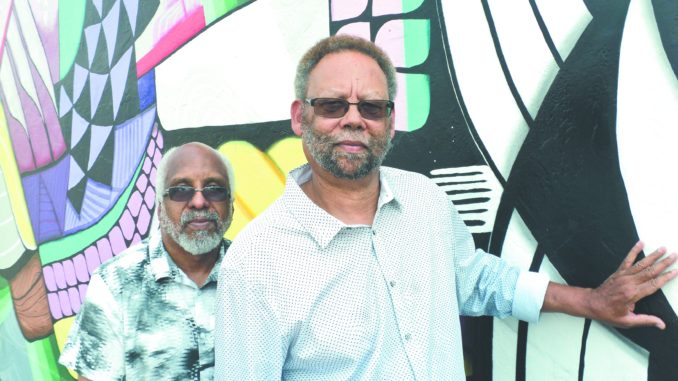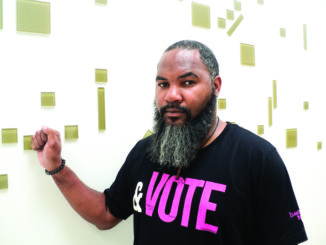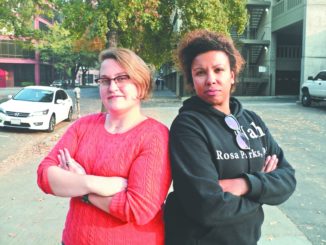
BY EDGAR SANCHEZ
The number is stunning: One of every five African American males in the Sacramento City Unified School District was suspended in 2016-17, according to a report released this summer.
In their report titled “The Capitol of Suspensions,” researchers from San Diego State University and the University of California, Los Angeles, analyzed numbers provided by schools to the state Department of Education.
The findings showed black male students in SCUSD had a 20.7 percent suspension rate, a rate substantially higher than their peers’ rates, which may have unfairly put many black youth on track to failure.
A full understanding of why that occurred will only be possible when the discipline structure is “broken down to the smallest details” and systemically examined, said Darryl White, chair of Sacramento’s Black Parallel School Board (BPSB), a nonprofit that promotes black student achievement and holds SCUSD accountable.
“Once the dysfunction is isolated, the system can be restructured by eliminating the weaknesses and keeping the strengths,” to keep students in the classroom and away from the prison pipeline, the retired educator said.
“Once the dysfunction is isolated, the system can be restructured.”
Darryl White
Chair, Sacramento Black Parallel School Board
Jorge Aguilar, superintendent of SCUSD, was 11 months into his new job when he received the June report.
“The Board of Education and I are concerned by these numbers. We are working to create a system where all students are being steered toward achieving their full academic potential, not being suspended,” said Superintendent Aguilar. “Our goal will be to make sure that students receive appropriate and ongoing supports to reduce suspensions and ensure that student achievement levels of those students previously suspended are reflected through increased grade level proficiency rates.”
Creation of a data-and-tracking system that detects when a student is in trouble and needs intervention was a priority for Aguilar, who used a similar system to dramatically increase the graduation rate in Fresno Unified, where he worked previously.
After reading the report, Aguilar commissioned a cross-departmental workgroup to review and propose procedures and policies, including those dealing with suspensions, “as part of our larger focus on improving outcomes” for all 43,000 district students, Aguilar said.
The district has stated that the 20.7 percent rate reported in the study included suspensions from the district’s independent charter schools. In those schools, which are not controlled by the district, the suspension rate for black males was 26.4 percent.
White said one reason for the higher suspension rate in independent charters may be that they lack veteran staff. Too often, he said, charter school teachers are not trained in “culturally responsive instruction.”
BPSB, which is supported by The California Endowment, will continue to work with Aguilar to develop solutions to suspension rate disparities, White said.
Click “Learn more” below to find out about the Black Minds Project





